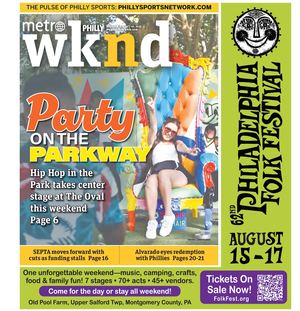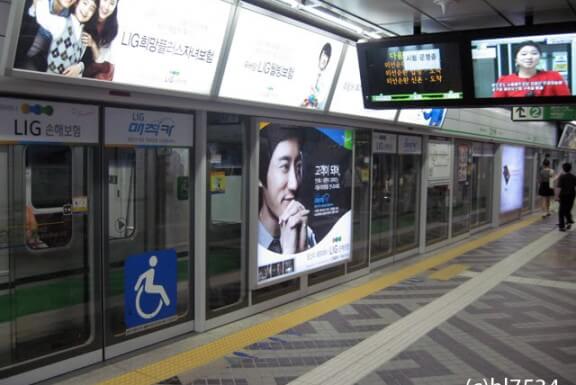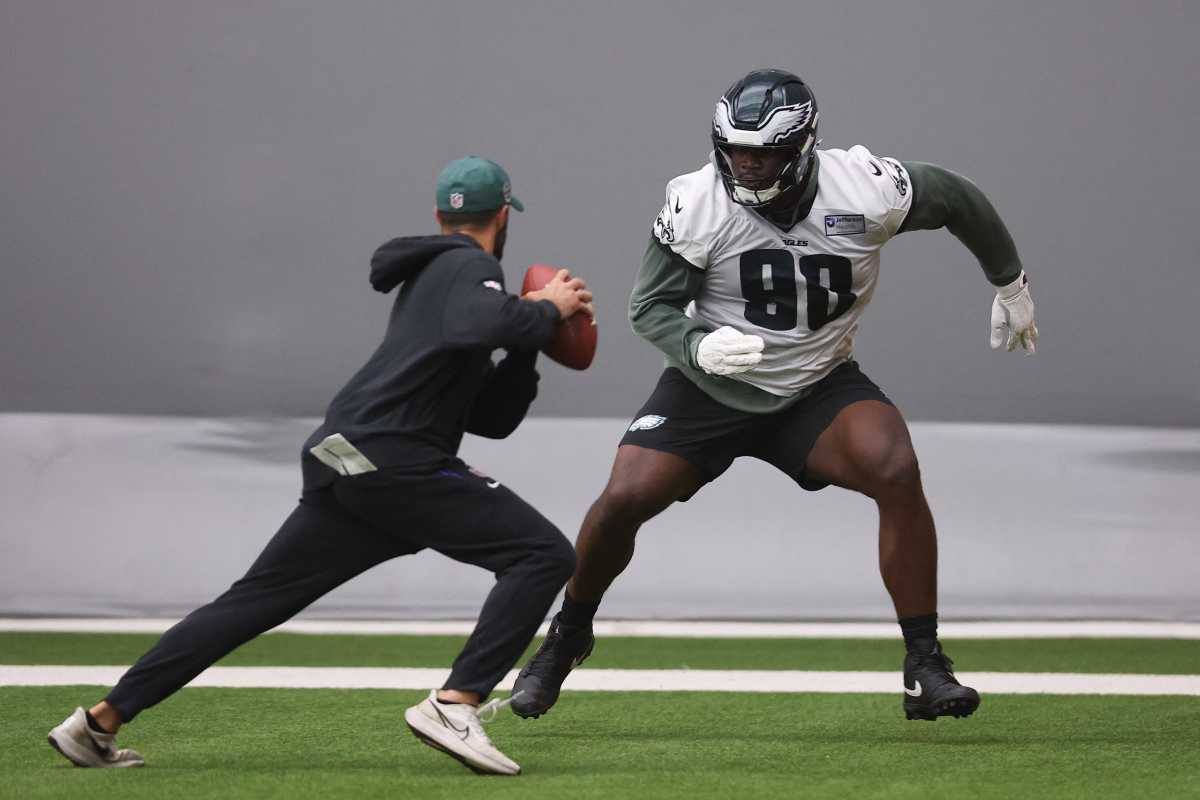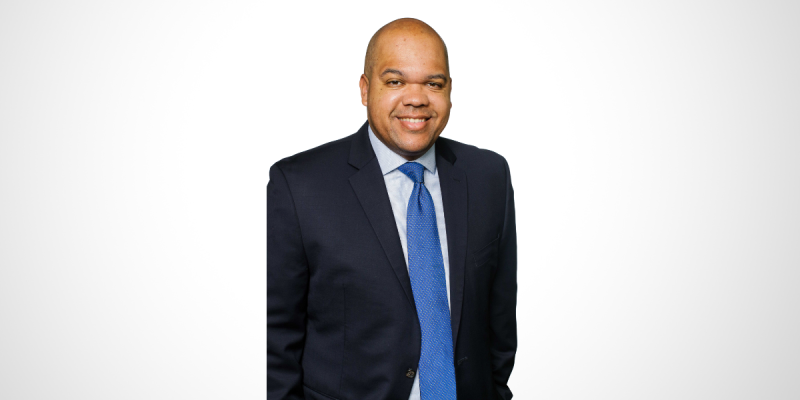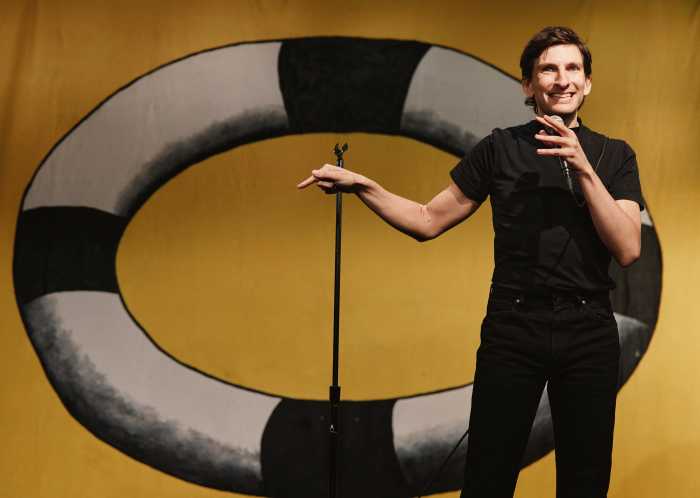 Students work at La Salle University’s Holroyd Hall, the science and technology building.
Students work at La Salle University’s Holroyd Hall, the science and technology building.
It’s not that professor Raymond Kirsch doesn’t believe in lecturing. He just tries to keep it out of the classroom as much as possible.
In Kirsch’s software design class, students listen to recordings of his lectures for homework. Classroom time is for hands-on problem-solving, where undergrads put three years of theory to the test. The goal is to develop a useful smartphone app that works — a tough challenge for anyone.
In the three years since the class was implemented, almost every student has gone through periods of teeth-grinding frustration. For Kirsch, that’s part of the point of the class.
“I think you need to encounter frustration to be a software engineer. It’s not just that you get a question wrong on a test, it’s that what you’re trying to make doesn’t work. That tests you in a deeper way,” says Kirsch, from the Philadelphia campus where he works. “I reiterate principles, but never tell them how to fix anything. If you have a great idea for an app, that’s great. But now you have to make it work.”
The Senior Project Class runs over two semesters, with students working in small teams for nine months. Among the projects that function in the real world is an app that integrates GPS and La Salle’s campus shuttle. The device determines how far the shuttle is from any given stop and predicts the time of arrival. Other efforts have included personal fitness trackers, assignment coordinators and a role-playing game built with Microsoft XNA software.
“It’s not about, ‘Well, here’s a piece of software that’s just wonderful.’ I’m more interested in people wrestling with problems, failing to do stuff and recovering from it,” explains Kirsch. “That’s the real world: You’re frustrated, you might be embarrassed — put that into a problem-solving process.”
